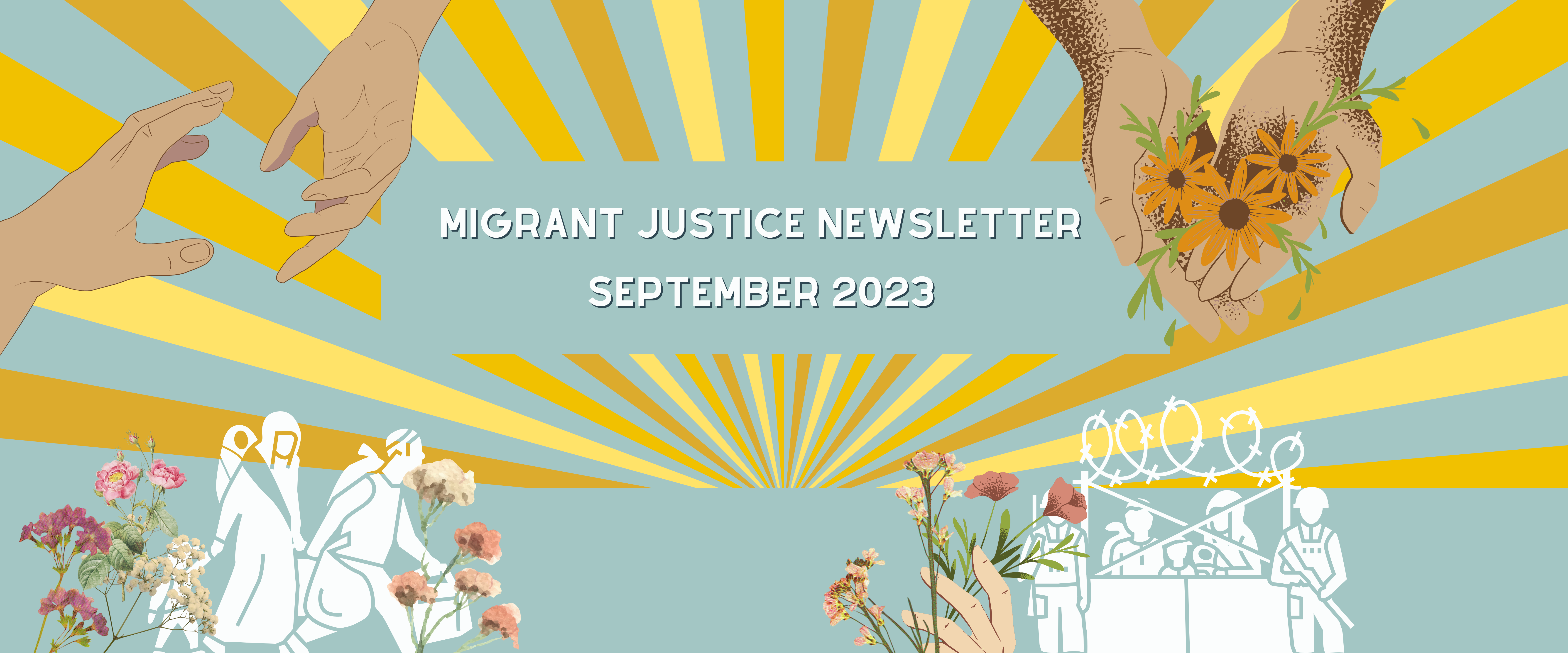The 2023 election in Guatemala reflects decades of human rights violations since colonial times, leading to power consolidation among a few for economic interests. Despite this, Guatemalan people, including indigenous groups and civil society organizations, have protested against authoritarian actions by the government. The elections faced challenges, including opposition candidate prohibitions and alleged voter fraud. The government’s actions, collusion between institutions, and attempts to control the justice system pose threats to democracy. The future remains uncertain, with attention focused on key dates: October 31, when Semilla’s suspension could resume, and January 14, 2024, the presidential inauguration, pending resolution of democracy-related issues. Amidst theses challenges, Guatemalan people persist in defending their rights, resisting oppression, and mobilizing for change. NISGUA calls for global solidarity with Guatemalan people in their struggle for democracy.
- Home
- About Us
- Issues
- Countries
- Rapid Response Network
- Young Adults
- Get Involved
- Calendar
- Donate
- Blog

